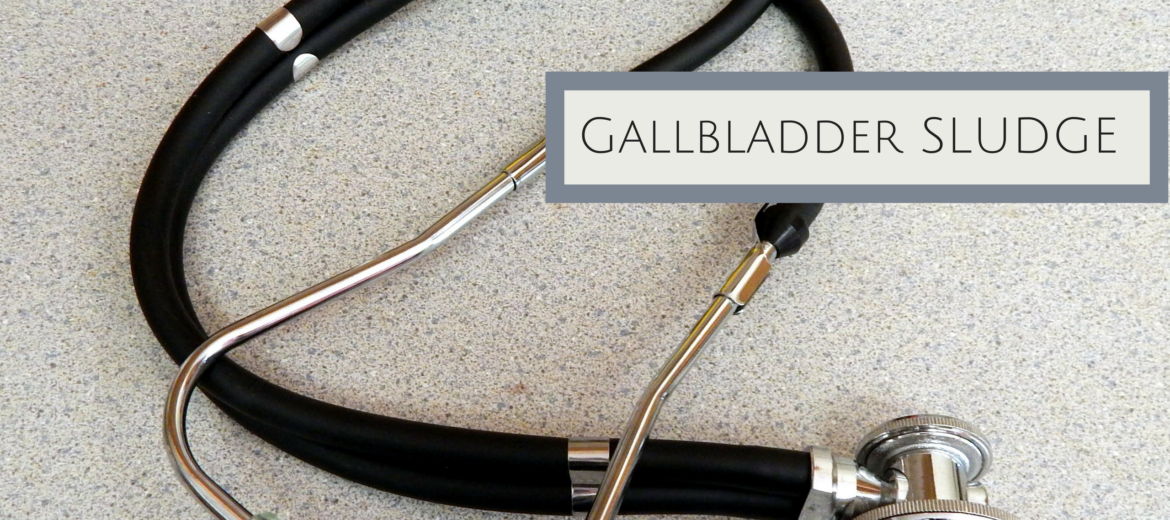When Rajendra Lal visited Sitaram Bhartia Hospital in South Delhi for a full body check-up, he was surprised to find out about the presence of gallbladder sludge.
“I didn’t display any symptoms so the diagnosis caught me off guard” said Rajendra.
He was then referred to Dr Amarchand S. Bajaj, Senior Consultant, General Surgery at Sitaram Bhartia for the right guidance.
“Like Rajendra, most people with sludge in gallbladder don’t experience any symptoms, which is why accidental discoveries in full-body checkups or abdominal ultrasounds are common” said Dr Bajaj.
“Sometimes, it may present as severe pain in the abdomen specifically under the ribs on the right side similar to symptoms of gallstones.”
Gallbladder sludge (also called biliary sludge) is a mixture of particles,which are present in the bile itself. It consists of components like cholesterol crystals, calcium bilirubinate and other calcium salts.
What causes bile sludge?
There aren’t any conclusive causes of bile sludge.
Certain factors that may put you at an increased risk of gallbladder sludge are:
-
- Pregnancy
-
- Obesity
-
- Rapid weight loss
-
- Critical illnesses with use of drips for nutrition
- Diabetes
“People who are battling chronic diseases or have experience rapid weight loss are more likely to be detected with gallbladder sludge” said Dr Bajaj.
Rajendra was curious to know the connection between sludge and gallstones.
“There is a possibility that the sludge may turn into gallbladder stones in the future” cautioned Dr Bajaj.
“But don’t worry! There is a possibility that the sludge may disappear or vanish altogether, especially if the factor causing it disappears.”
What are risks associated with sludge in gallbladder?
If sludge in gallbladder is ignored, it may present as the following risks in the near future:
-
- Formation of gallstones
-
- Pancreatitis
- Inflammation of the gallbladder (cholecystitis)
“If the gallbladder sludge is asymptomatic, it may not pose an immediate threat to your health” says Dr Bajaj.
“But in cases where you are experiencing pain or discomfort because of it, seeking the right treatment is advised.”
What is the right treatment for gallbladder sludge?
“The advised treatment for gallbladder sludge is usually laparoscopic cholecystectomy or removal of gallbladder through minimally-invasive surgery (MIS)”
“This eliminates the risk of possible formation of gallstones and other associated complications.”
“But those who are old or at risk from the surgery may be advised an endoscopic sphincterotomy”
At the time, Rajendra did not experience any symptoms and so he decided not to do anything about it.
After a few months when he experienced severe pain in his abdomen, he decided in favour of the cholecystectomy.
Rajendra told us “I was unsure about the surgery initially but when I understood that it may cause more complications, I didn’t want to take a chance.”
“Plus, I understood that with advanced techniques, I would have a faster recovery and the absence of a gallbladder wouldn’t affect my life.”
Happy with a fast recovery after surgery, he said “I am glad I got the surgery done and chose to live a life without pain and anxiety!”
Dr. Amarchand S. Bajaj, with his keen interest in the field of Laparoscopic, Bariatric & General Surgery, provided his editorial inputs for this blog post.
Come in for a consultation with Dr. Amarchand Bajaj! Chat with us on WhatsApp to book your appointment.



